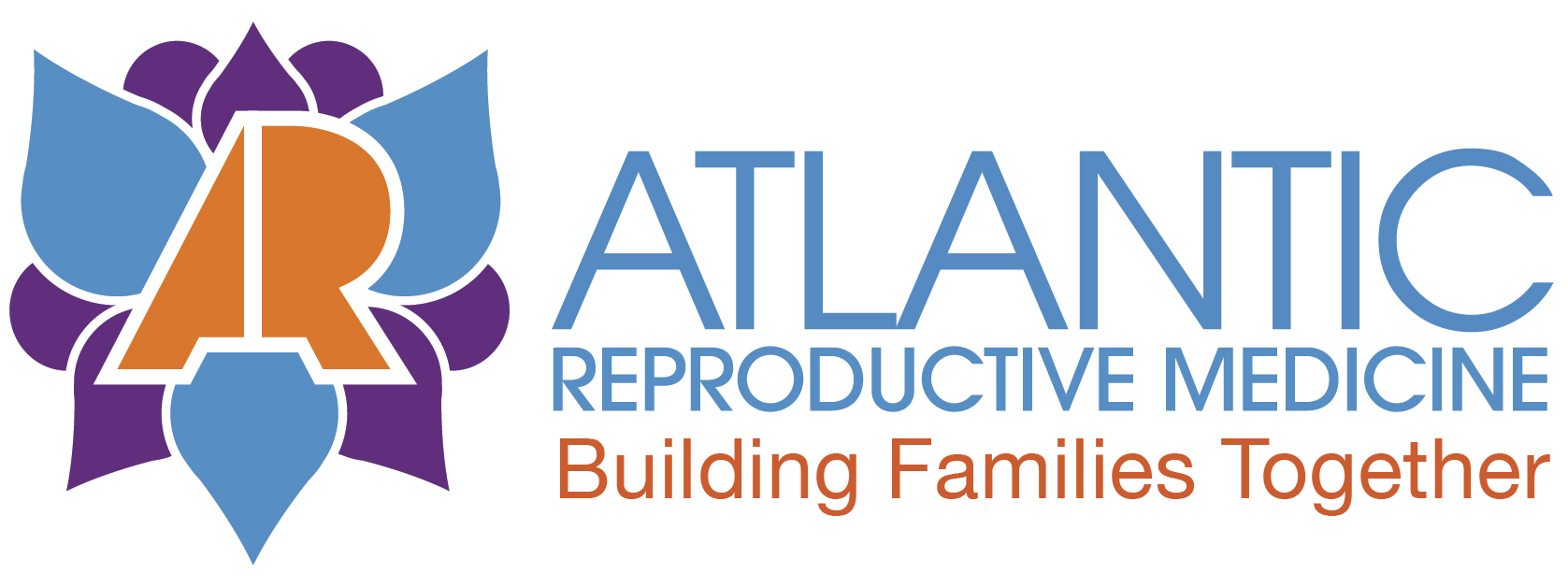Becoming an Egg Donor:
Giving the Gift of Life
In addition to helping others start a family, perhaps you want to further your education. Maybe your student loan deferrals are ending? Perhaps you need reliable transportation or are planning to travel abroad.
Whatever the reasons, we are glad you’re here and want to provide helpful information as you consider becoming an egg donor. Let’s start with why intended parents need egg donors.
Why Egg Donors Are Needed
Women face common fertility issues like natural aging, premature ovarian failure, surgical removal of an ovary, or chemotherapy. Sometimes couples want to avoid a genetic disorder that runs in their family. There are also same-sex male couples that, for somewhat obvious reasons, need an egg donor.
How Much Will I Be Compensated?
If you complete a full donation cycle, you will be compensated $4,500. Egg donation involves providing blood samples, self-injecting medications, visiting our clinic for multiple pelvic ultrasounds, and completing the egg-gathering procedure. If our clinic discontinues the process mid-cycle, you will be paid a prorated amount for the time and effort you put into the process. All procedures related to egg donation are fully covered; however, we cannot reimburse you for time away from work or lost wages.
How Do I Qualify?
- You are between 21 and 31.
- You have a BMI of 21-32.
- You have not smoked or vaped anything for at least 3 months.
- Your drug screen will come back negative.
- You have a good supply of eggs (don’t worry, you won’t run out, and the test is simple).
- Your time is flexible. There are frequent visits to our clinic.
- You need to be able to self-administer medications.
- You have not donated eggs 5 times before.
Interested in Applying?
Get Started Here
How Do We Select Our Donors?
The Food and Drug Administration dictates the criteria for donating eggs. If your answers to the questionnaire meet those criteria, we will send you an invitation to complete the screening process. Once those tests are passed, you become eligible to donate your eggs and will be added to our matching list. When we match donors and recipients, we consider many factors, including height, weight, hair and eye color, skin complexion, ethnicity, and lifestyle.
You’ve Matched! Now What?
Once you are matched with a recipient, we confirm your availability and schedule a time for you to come in and meet with a nurse. During this appointment, you will learn how to self-administer medications, sign a consent form and review monitoring procedures. At this point, the entire process takes anywhere from 6-8 weeks. You will also be given birth control pills to help synchronize your cycle with the recipients. Once you are in sync, you will take medication to stimulate your ovaries, and the recipient with use medications to prepare her uterus for your eggs.
What is the Procedure?
Preparation is crucial to this process and normally takes 11-16 days. You will have to have someone who can drive to and from the procedure.
Stimulation – You will self-administer hormones stimulating your ovaries to produce eggs ready for harvesting. We will be with you every step of the way, and if you have any concerns or questions, we are only a phone call away. You’ll also visit us to have blood drawn and ultrasounds to ensure the medication is working. Medications used in the egg donation process are often administered by injecting a small needle just under the skin (similar to the shot a diabetic receives).
Harvesting – Once your ovaries are ready, we’ll get you ready! Don’t eat or drink anything after midnight the night before your harvesting appointment. You will arrive at the office 30-60 minutes before your appointment so we can get you prepped with an IV to keep you comfortable during the procedure. Our skilled providers will use vaginal ultrasound to locate, gently remove and test your eggs precisely. The retrieval process only takes about 10 minutes.
We advise that you do not have sexual intercourse during this time. Your probability of getting pregnant with multiples increases greatly. You should get your period about two weeks after harvesting. If you have sexual intercourse before then, we strongly recommend using a condom, diaphragm, or spermicidal foam.
Post-Procedure – You will remain in the clinic for an hour for monitoring. You may experience some cramping and light bleeding. Plan on spending the rest of the day relaxing and catching up on all the TV shows you’re too busy to watch otherwise!
Is This Risky?
Egg donation is generally a safe procedure, and most women only experience menstrual-type symptoms (tender breasts, nausea, cramping, mood changes) while taking the hormone medications. Rarely does a donor develop serious complications. We will discuss all possibilities with you during the pre-screening process. We will always have one of our practitioners on call to evaluate any symptoms you might have, no matter what time of day.
Here are some of the most common questions from those considering becoming egg donors.
If I become an egg donor, will I have enough eggs left to get pregnant in the future should I choose to?
Women receive all of their eggs while still in their mother’s wombs. Of the one million eggs a woman has at birth, approximately four hundred will ever mature and be released into the Fallopian tubes (ovulation) from puberty to menopause. The remaining eggs (-99.96%) “die” within the ovaries without being released.
As an egg donor, you’ll only be donating eggs that would have either died naturally or matured in your ovaries that month. Your supply of eggs for future months will still be there when you want to use them.
What happens if you don’t use all the eggs donated? Do they go to one recipient or many?
You’re matched with one recipient, and all the mature eggs are used.
Does it hurt to have my egg retrieved?
Because you will be sedated during the procedure, you should not feel anything. However, you may experience a mild discomfort and/or cramping after the procedure.
How often can I donate?
The number of times you can donate is 6 cycles in your lifetime.
Is there a risk for ovarian cancer?
Egg donation involves the same process as in vitro fertilization, which uses medication to stimulate and regulate egg production. All the data we have so far seems to indicate no long-term problems.
Can I still have babies?
Egg donation itself does not have an impact on your future ability to have children. You are born with approximately 2 million eggs, and every month during your menstruation cycle, your body chooses one egg to ovulate, and your body absorbs the remaining eggs. We rescue or save the excess eggs during egg donation before your body absorbs them.
Apply To Be An Egg Donor



